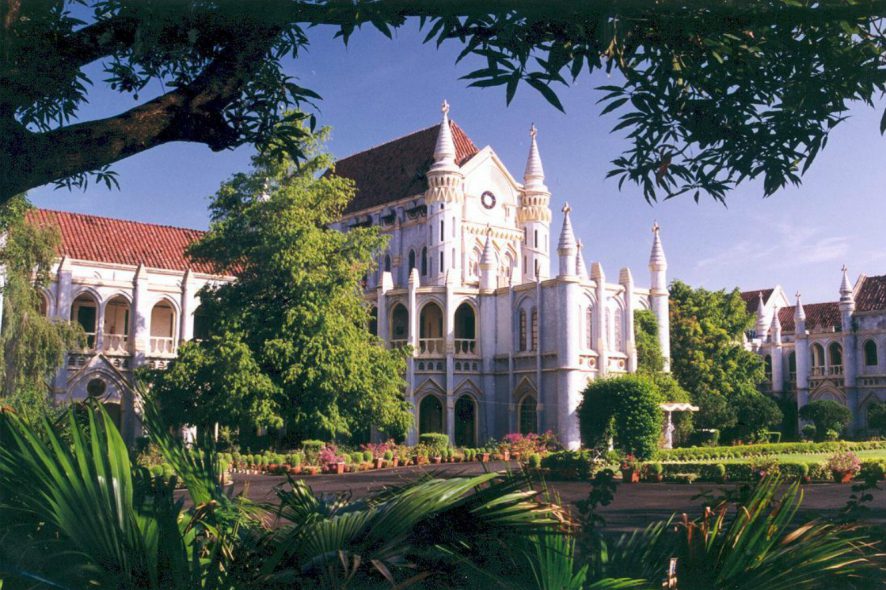High Court of Madhya Pradesh, Jabalpur: The Court recently heard an appeal under Order 43 Rule 1 of Code of Civil Procedure is directed against an order of 2010 in a suit filed by plaintiffs for declaration, possession and permanent injunction which was dismissed by the trial court in 2009 and but later on, the appellate court opined that the plaintiffs have successfully established the title before the court below.
The appellate court placed its reliance on a judgment of Supreme Court Hans Raj v. Yasodanand, (1996) 7 SCC 122 : AIR 1996 SC 761 wherein it has been held that for the purpose of proving a sale deed, the witnesses of sale deed are not required to be examined. Further, it remitted the matter back in entirety for trial court to decide, record evidence and to hear the parties on the said limited question of encroachment in the case before it.
The learned amicus curiae for the appellants Shri Shukla contended that in the instant case, plaintiffs were the tribal and rustic women and therefore, additional evidence is required to be recorded under Order 41 Rule 23-A CPC. On the other hand, the grievance of the plaintiffs is that that in the facts and circumstances of the present case, Order 41 Rule 25 of CPC would be applicable and in the fitness of things, the appellate Court should have directed the trial Court to record evidence on the question of encroachment and provide its findings to the appellate Court instead of remitting it entirely to the trial court placing reliance on Jagannathan v. Raju Sigamani, (2012) 5 SCC 540.
In the case before court, the question now had cropped up whether this miscellaneous appeal filed under Order 43 Rule 1 (u) of CPC needs to be heard by applying the same yardstick on which a second appeal filed under Section 100 of CPC is required to be heard. Another substantial question that cropped up before it was whether while entertaining and deciding a miscellaneous appeal under Order 43 Rule 1 (u) of CPC, the appellant is required to propose the substantial question of law and whether this Court is required to formulate such question as mandated under S. 100 CPC.
The Court observed that a comparative reading of S. 100 and Order 43 R. 1(u) of CPC that S. 100 of CPC makes it very clear that second appeal would lie to the High Court from an appeal and decree, if the High Court is satisfied that the case involves a substantial question of law. It further clarified that the S. 100(3) makes it clear again that the memorandum of appeal must contain separately the question of law involved and as per sub-section 4, the High Court must also satisfy itself that a substantial question of law is involved in it whereas Order 43 Rule 1(u) of CPC is silent on the question of existence and formulation of substantial question of law.
Sujoy Paul, J. after analyzing the judgments of the Apex Court came to the conclusion that the miscellaneous appeal before them was required to be entertained and heard if there exists a substantial question of law. So, the substantial question derived from the appeal by the court was whether the appellate court should have exercised the power under Order 41 Rule 23-A or under Order 41 Rule 25 of CPC.
The Court finally held that the court below should have exercised the powers envisaged in Rule 25 of Order 41 of CPC as in this case; the Court found that it is necessary to determine a question of fact, namely, regarding encroachment and possession of plaintiffs. It further held that the the court below has committed an error in remitting the matter on wholesale basis to the trial court and allowed the appeal. [Gooha v. Uma Devi, 2017 SCC OnLine MP 1357, decided on 09.11.2017]






